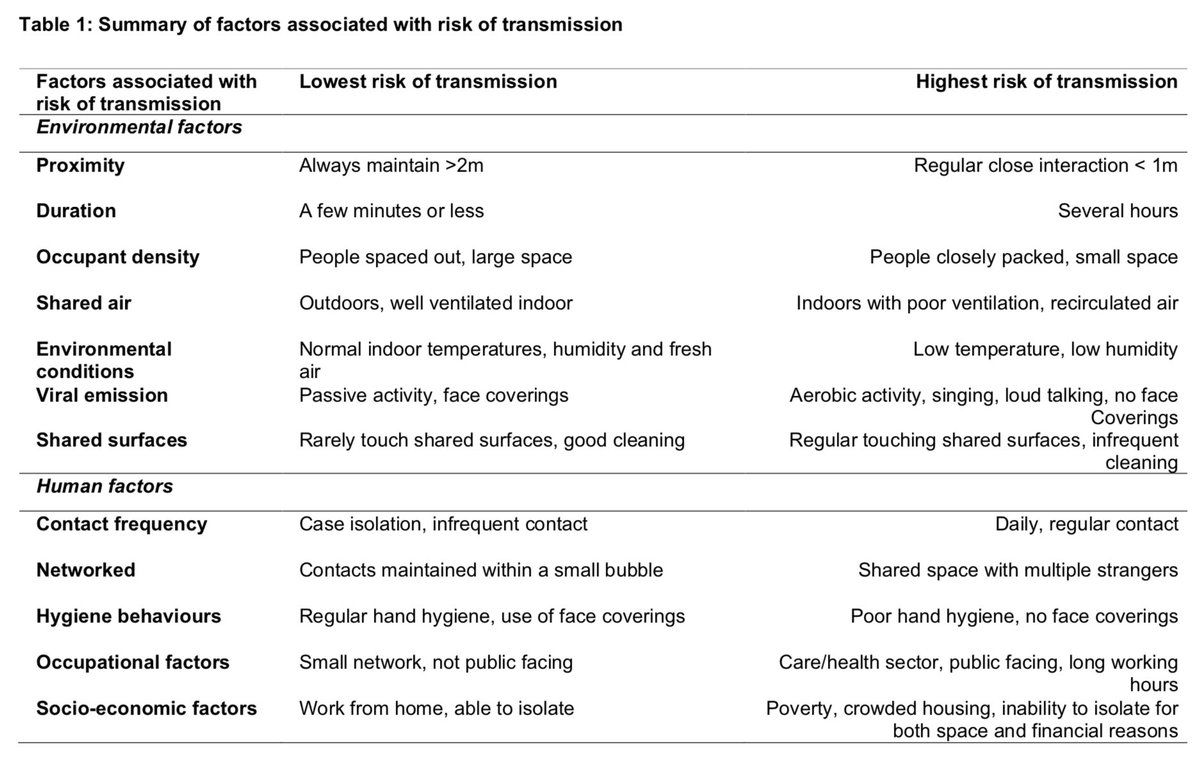
There is a lot of confusion about the efficacy of AstraZeneca/ChAdOx1 vaccine against COVID19 due to B.1.351 / 501Y.V2 - summarising the results of phase 1b/2a double-blind randomized trial conducted in South Africa (based on @GovernmentZA press conference).🧵(1/6)
Adults aged 18-65 years without severe comorbidities and HIV were recruited. It was designed to show >60% efficacy against symptomatic disease, but because only 2000 participants were recruited with 42 total events, this analysis was not statistically powered. (2/6) 

In total, 1749 participants were recruited, the population enrolled was young and generally healthy; the prevalence of hypertension, respiratory disease, and diabetes was low. Therefore, it was not designed to assess efficacy against severe disease. (3/6) 

Of the 42 cases that occurred, 2/3 had mild (fever, cough, and >2 respiratory sx) and 1/3 had moderate infection (fever or LRTI w/o O2 requirement). No significant risk reduction for mild-mod illness but with a very large confidence interval (-50 to 59.8)! (4/6) 

In conclusion, this was a small study, so cannot answer the efficacy question with confidence, and protection against severe illness is currently unknown but probable. E.g. J&J vaccine (similar design) shows excellent protection (89%) against severe disease due to B.1.351. (5/6) 

This slide summarises what we (don't) know about B.1.351 variant & the efficacy of different vaccines. In the meantime, given B.1.351 is the dominant variant in SA, AZ rollout has been put on temporary hold awaiting clinical efficacy information. (6/6) (facebook.com/HealthZA/video…\) 

Addendum: This is based on the same trial that was published in the Lancet. SA researchers analyzed the data after the 31st of October cut-off when B.1.351 became the dominant variant. Before this period, AZ vaccine demonstrated >75% efficacy. (thelancet.com/journals/lance…) 

• • •
Missing some Tweet in this thread? You can try to
force a refresh







